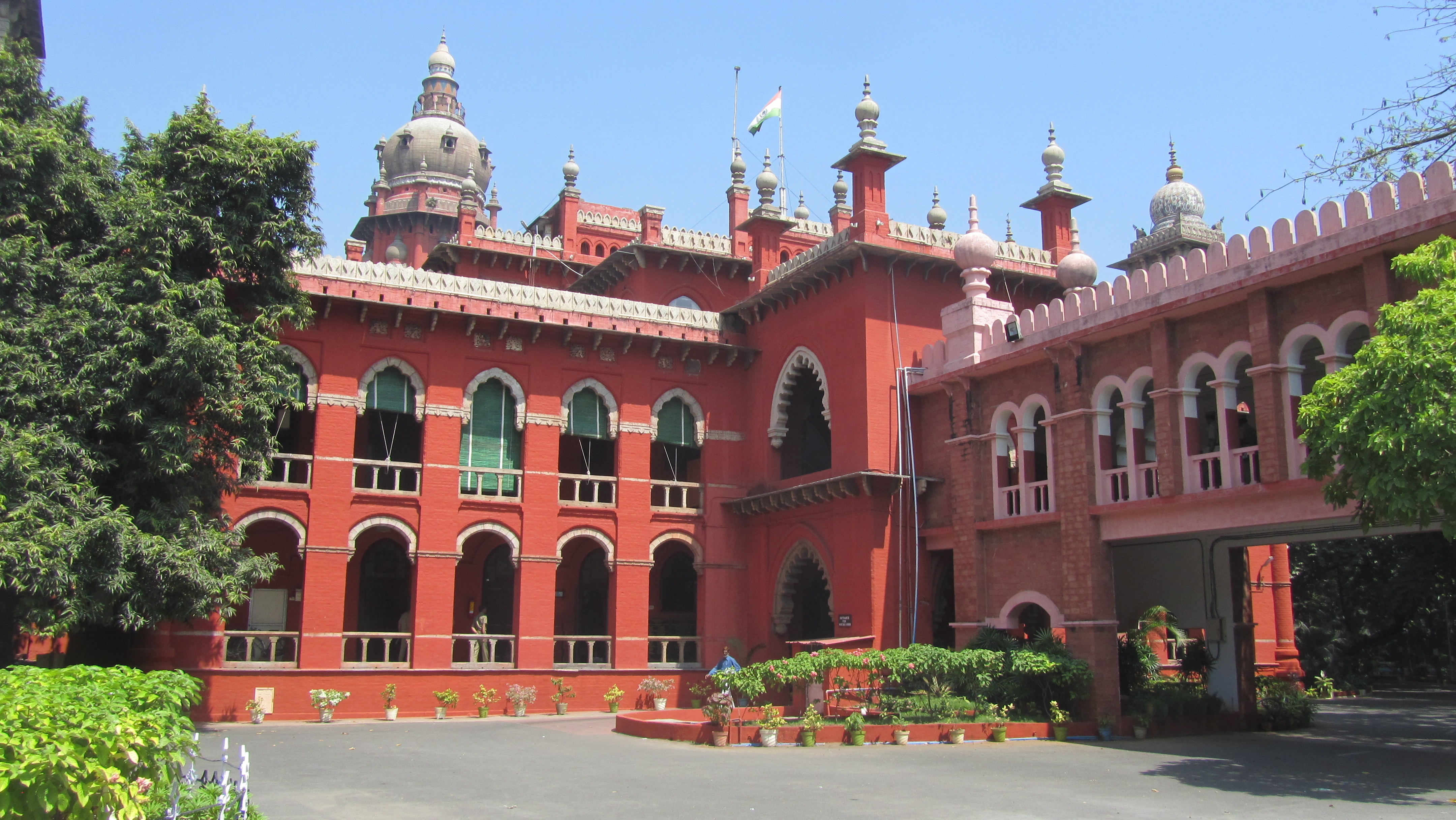Vande Mataram has been made compulsory in the schools, colleges, government and private offices and all industrial units in Tamil Nadu by the Madras High Court. Justice M.V. Muralidharan, while issuing final orders on a petition filed by K. Veeramani, said the song should be played in schools twice a week and offices once a month. The translated version should be uploaded in government schools.
While schools and colleges perform it at least twice a week—that is on Monday or Friday—the national song must be sung in the government offices and private entities at least once a month, Justice Muralidharan said. Ruling that the private and government schools in the state should ensure that the students sing the song at least twice a week, he said that the song should be played in the government and private offices at least once a month.
"If people in these offices feel it difficult to sing Vande Mataram in Bengali or in Sanskrit, steps can be taken to translate the song into Tamil," he said in his orders. However, the order issued by him also made it clear that if anyone has any difficulty in singing or playing the song, he or she shall not be compelled or forced to sing it. However, he said there should be valid reasons for not singing.
"The youth of the country are the future of tomorrow. The court hopes that this order shall be taken in the right spirit and also implemented in letter and spirit by the citizenry of the great nation," Said the order. The order making Vande Mataram mandatory in schools was pronounced following a petition filed by K. Veeramani, who failed to clear the written test for the post of BT Assistant as his answer to a question, “in which language was Vande Mataram written?”, was 'Bengali'.
According to Veeramani, he lost one mark for the question as the government’s answer was ‘Hindi’. Stating that he had read in the books that the song is written in Bengali, he said he lost his opportunity of being appointed as a BT assistant by losing this one mark. Based on his petition the Madras HC ordered an enquiry. The government pleader contended in the court that it was originally written in Sanskrit and subsequently translated to Bengali.
On June 13, again, as per the court order, the advocate general too came in to clear the ambiguity. He said the original language of the song was Sanskrit, but written in Bengali script. So after getting all the ambiguities cleared and clarified, the court concluded that it was written in Sanskrit with Bengali script. Veeramani got his one mark. And now the people of Tamil Nadu have to sing the song daily, at all schools and colleges and also government and private offices.
The translated version of the song in Tamil and English should be uploaded in government websites and also in social media.





